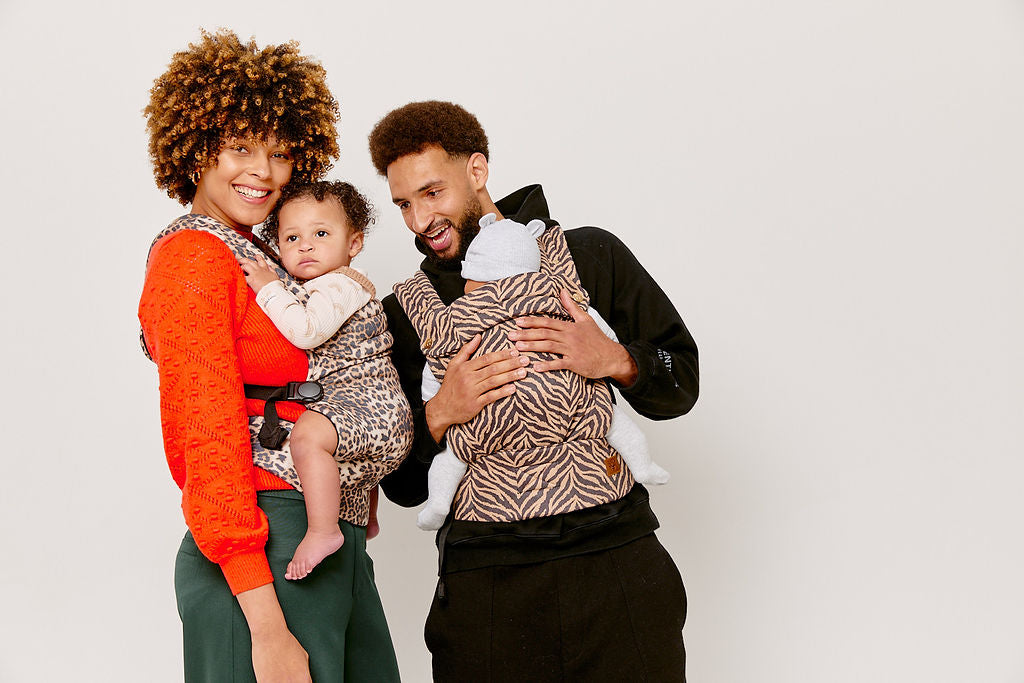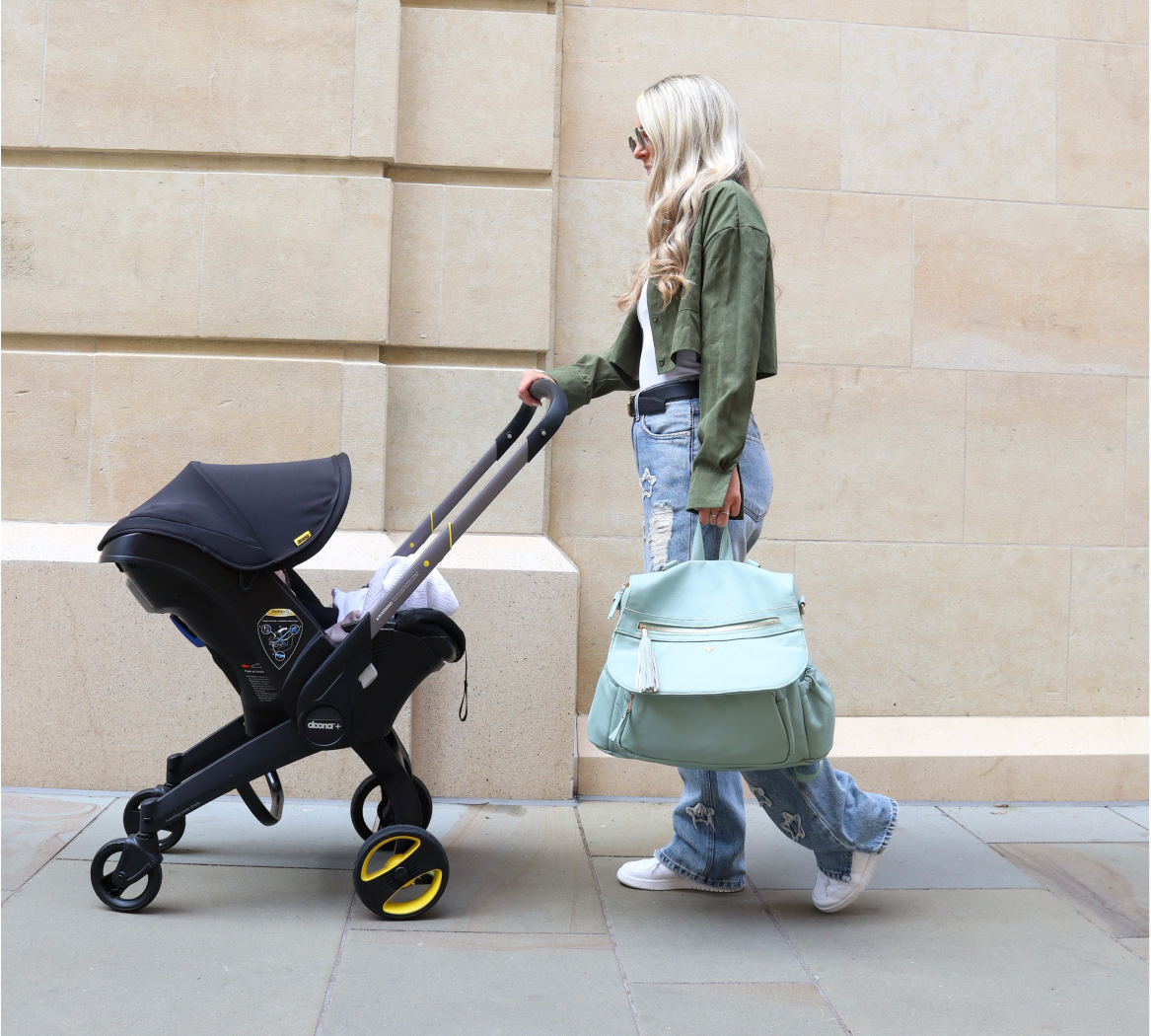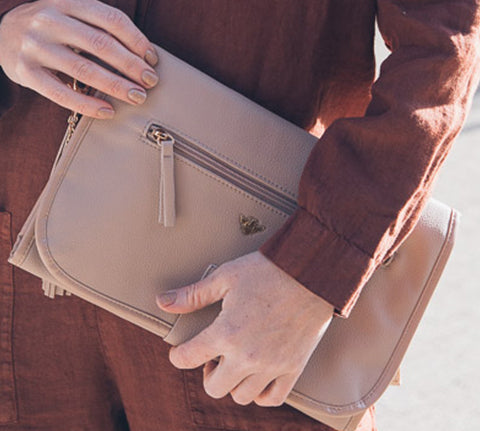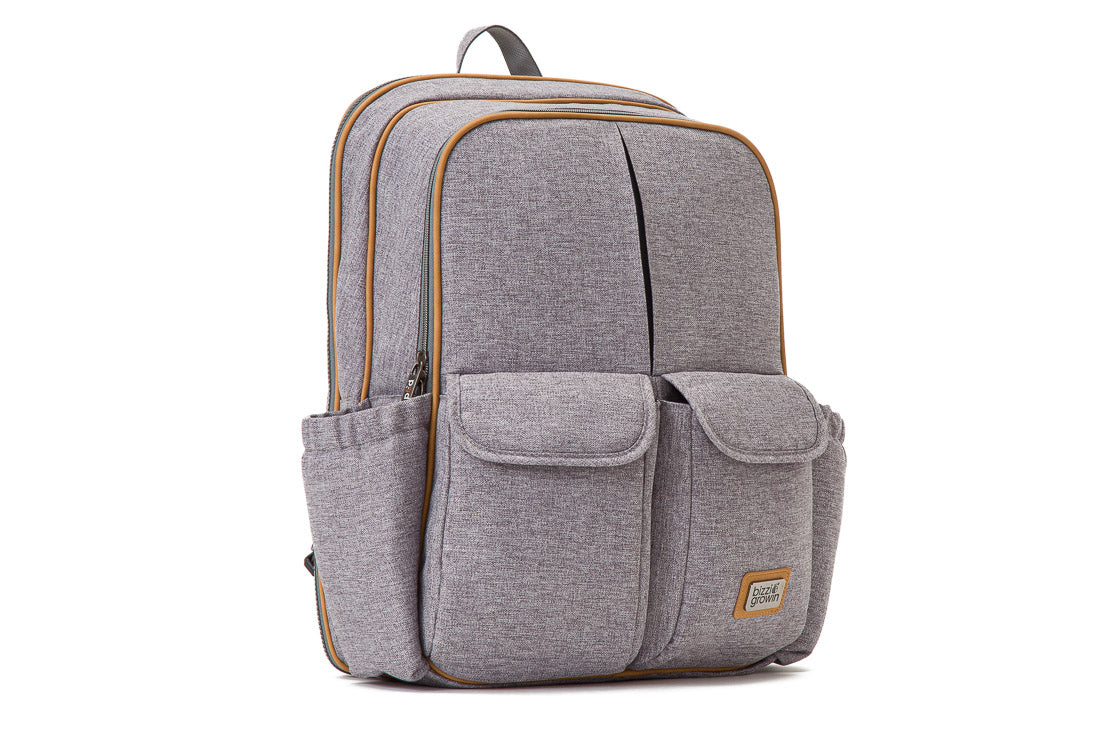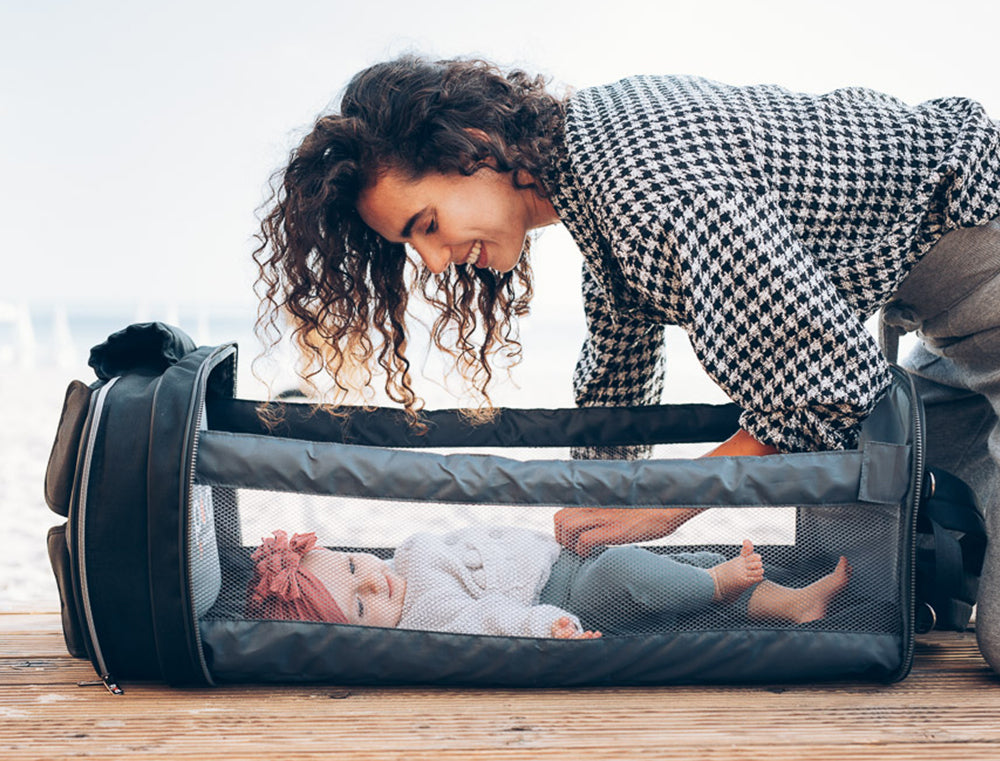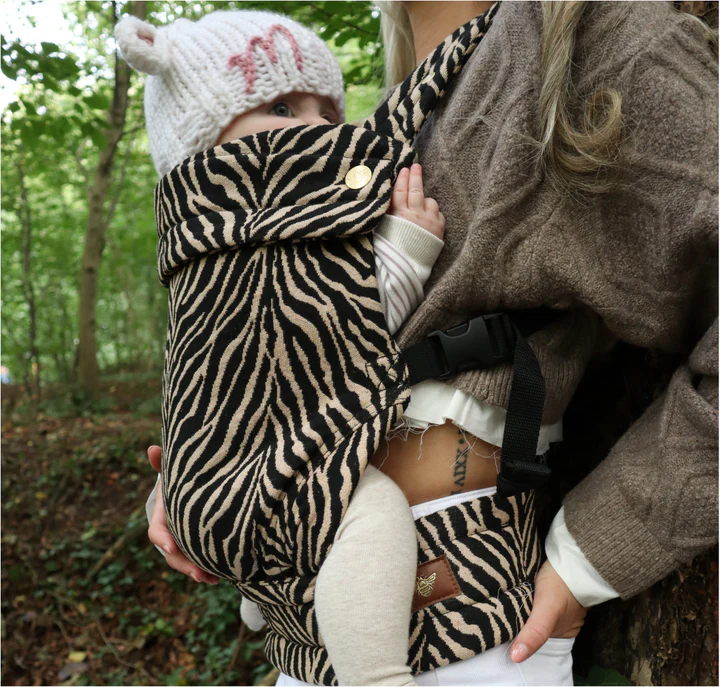Becoming a parent is one of the most life-changing experiences you’ll ever go through. The joy of welcoming your newborn baby into the world is unparalleled, but it can also be overwhelming. Suddenly, you’re responsible for this tiny human, and everything feels new. From managing baby sleep to understanding how to support the baby in a baby carrier, the first few months can feel like a whirlwind. But don't worry—this crash course to parenting your newborn will guide you through the essentials, helping you build confidence and navigate this new chapter in your life.
Understanding Newborn Sleep
One of the biggest challenges in the first few months is baby sleep. Newborns sleep a lot—up to 16 hours a day—but they often do so in short bursts, leaving you with fragmented sleep and, sometimes, exhaustion. Understanding your baby’s sleep patterns can make all the difference in managing those early months.
Newborns have smaller stomachs, so they need to feed frequently, often every 2-3 hours. This naturally disrupts their sleep cycle, and your night may be interrupted for feeds. During these early weeks, creating a soothing sleep environment can help establish good sleep habits. Dim the lights, reduce noise, and swaddle your baby for comfort. Swaddling mimics the cozy environment of the womb and helps reduce the startle reflex that can wake babies up.
During the day, try to encourage wakefulness after feedings by exposing your baby to natural light and engaging them with gentle play. This helps them distinguish between day and night, laying the foundation for longer sleep stretches at night.
Making Your Baby Comfortable
Newborns thrive on comfort, and ensuring they feel safe and secure is key to their well-being. Baby wearing is one way to provide your baby with the comfort they crave. Using baby carriers allows you to keep your baby close to you, providing warmth, security, and a gentle rocking motion as you move around. This mimics the feeling of being in the womb and can help soothe fussy babies, making them more comfortable and likely to sleep.
When using a baby carrier, it’s important to ensure your baby is properly supported. Their legs should be in an "M" position, and the carrier should support the baby by holding their head, neck, and spine in a natural alignment. For newborns, a front facing baby carrier is not suitable until they develop stronger neck muscles. Instead, opt for an inward-facing position where your baby’s head is nestled against your chest.
Many baby carriers are designed with both baby and parent comfort in mind, offering padded straps and ergonomic support. Investing in a high-quality carrier can make a big difference in how comfortable and enjoyable baby wearing is for both of you. And, if budget is a concern, consider spreading the cost with flexible payment options like pay in instalments with Klarna, making it easier to get the baby gear you need without a hefty upfront cost.
Protecting Your Baby’s Head and Neck
During the early weeks and months, your baby’s neck muscles are still developing, and they cannot support their own head. This is why protecting the head is so crucial when handling your newborn. Whether you’re carrying them in your arms, laying them down to sleep, or using a baby carrier, always ensure their head is fully supported.
When baby wearing, ensure that the carrier holds your baby’s head against your body in a secure yet comfortable position. Most carriers, particularly those designed for newborns, have padded head supports that help keep their head stable. However, even with the support of a carrier, you should still regularly check to ensure your baby’s chin is not resting on their chest, as this can obstruct breathing.
Feeding and Bonding with Your Newborn
Feeding is another central part of your newborn’s early days. Whether you’re breastfeeding or bottle-feeding, feeding times are also opportunities for bonding. Holding your baby close while feeding them allows them to hear your heartbeat, feel your warmth, and be reassured by your presence.
For breastfeeding mothers, baby wearing can even help facilitate discreet nursing. Some baby carriers are designed to allow you to breastfeed while keeping your baby secure in the carrier, making feeding more convenient, especially when you’re out and about.
Newborns typically feed every 2-3 hours, and it’s important to feed them on demand to ensure they get the nutrients they need for growth and development. Look for hunger cues, such as sucking on hands, rooting, or fussiness, and aim to feed your baby before they start crying.
The Power of Skin-to-Skin Contact
One of the most powerful ways to bond with your baby in the early days is through skin-to-skin contact. Holding your baby directly against your skin has numerous benefits for both you and your little one. It helps regulate their body temperature, stabilises their heart rate, and promotes feelings of safety and security. This kind of contact can also help stimulate milk production in breastfeeding mothers and calm fussy babies.
Many parents find that baby wearing offers an easy way to incorporate skin-to-skin contact into their daily routine. Wearing your baby in a papoose or wrap-style carrier allows you to keep them close while still getting things done around the house.
Taking Care of Yourself
Amidst all the demands of caring for a newborn, it’s easy to forget about your own well-being. But taking care of yourself is just as important as taking care of your baby. Rest when you can—sleep when your baby sleeps, and accept help from family and friends to give yourself some time to recharge.
If you’re feeling overwhelmed, remember that you don’t have to do everything on your own. Whether it’s leaning on your partner for support or getting family to help there are ways to make those early weeks more manageable.
You’ve Got This
The first few months of parenting are filled with a mix of joy, exhaustion, and learning curves. There’s no one-size-fits-all approach to raising a newborn, and it’s natural to feel unsure at times. But by focusing on supporting the baby, ensuring their comfort and safety, and making time for bonding, you’re laying the groundwork for a strong and loving relationship with your little one.
From understanding baby sleep patterns to protecting the head and mastering baby wearing, each day will bring new discoveries and moments of growth. And remember, you’re not alone on this journey—resources, support networks, and baby products are all available to help make those early days a little easier.

